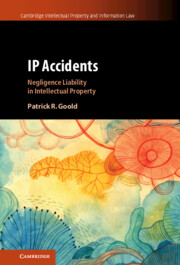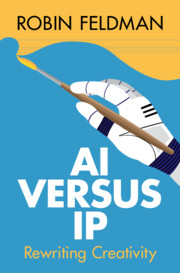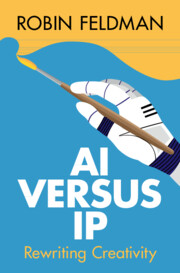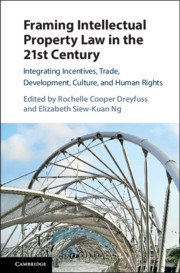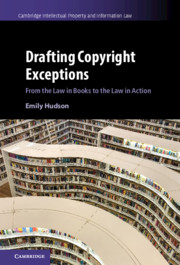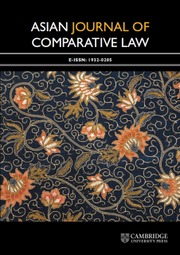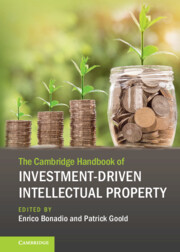IP Accidents
In the twenty-first century, it has become easy to break IP law accidentally. The challenges presented by orphan works, independent invention or IP trolls are merely examples of a much more fundamental problem: IP accidents. This book argues that IP law ought to govern accidental infringement much like tort law governs other types of accidents. In particular, the accidental infringer ought to be liable in IP law only when their conduct was negligent. The current strict liability approach to IP infringement was appropriate in the nineteenth century, when IP accidents were far less frequent. But in the Information Age, where accidents are increasingly common, efficiency, equity, and fairness support the reform of IP to a negligence regime. Patrick R. Goold provides the most coherent explanation of how property and tort interact within the field of IP, contributing to a clearer understanding of property and tort law and private law generally.
- A novel, fresh, and interesting perspective on IP rights
- Raising awareness about the ignored problem of IP accidents
- A plea to fundamentally reform IP liability to meet the challenges of the Information Age
Reviews & endorsements
'In this engaging, readable book, Patrick Goold makes a compelling case that we are wrong to hold people liable for inadvertently infringing patents and copyrights. He explains why this matters and what we can do about it.' Mark Lemley, William H. Neukom Professor of Law at and Director of the Stanford Program in Law, Science and Technology, Stanford Law School
'Goold's monograph elegantly explains how the history and theory of negligence law, combined with the expansion of the scope of patent and copyright law, should lead us to reject talismanic invocations of strict liability in intellectual property cases.' Rebecca Tushnet, Frank Stanton Professor of the First Amendment, Harvard Law School
Product details
March 2022Hardback
9781108841481
200 pages
235 × 158 × 14 mm
0.369kg
Available
Table of Contents
- 1. Introduction
- 2. Accidents
- 3. History
- 4. Efficiency and equity
- 5. Fairness
- 6. Negligence
- 7. Conclusion (On property, tort, and IP).

